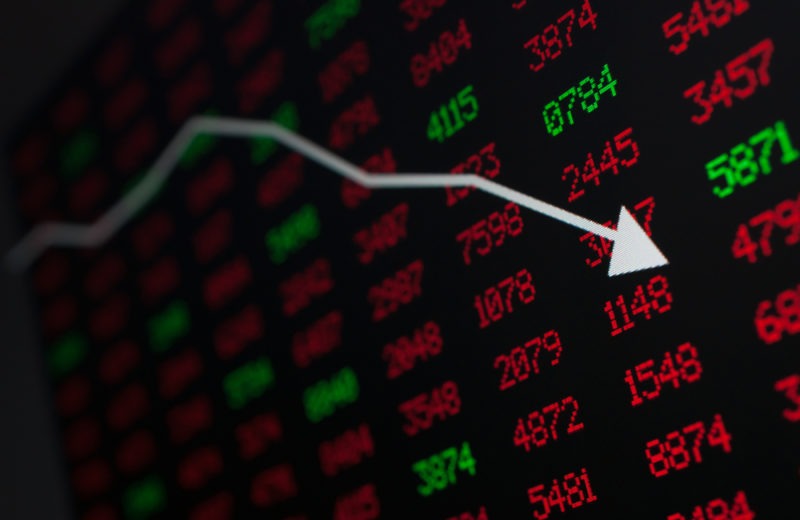Hong Kong City’s Setback and Australia’s Economic Indicators
In the wake of statements from the US Federal Reserve and Australia’s October inflation statistics, Asia-Pacific got to the stock market bottom. Federal Reserve Governor Christopher Waller expressed growing confidence in controlling inflation but maintained concern about its persistently high levels.
Hong Kong’s Hang Seng index took a significant hit, tumbling by 1.70%, leading the losses among major Asian benchmarks. Simultaneously, the mainland Chinese CSI 300 index also faced a decline of 0.73%. Contrastingly, Australia’s S&P/ASX 200 saw a 0.34% climb, continuing gains from Tuesday. This followed Australia’s October inflation rate slowing to 4.8%, the lowest since January 2022.
Federal Reserve Insights and Market Impact
Federal Reserve Governor Waller hinted at potential rate cuts if inflation continues to ease over the next three to five months. The US market responded positively to his comments, with all three major indexes rising. However, Governor Michelle Bowman expressed the likelihood of more rate hikes to curb inflation.
Chinese delivery giant Meituan faced a significant setback, with its listed shares plunging over 11%. This drop followed a cautious tone in its third-quarter earnings call, citing expectations of lower revenue growth in Q4 compared to Q3.
Goldman Sachs Bullish on South Korean Stocks
Goldman Sachs identified South Korean stocks as an undervalued and underloved segment of the Asia-Pacific stock market flotation. The investment firm predicts South Korea’s markets to offer the highest potential earnings growth in 2024, particularly in the semiconductor sector.
Assessing November’s Stock Market Outlook
As November nears its end, investors are contemplating a possible pullback after a robust rally, making it the best-performing month in over a year. The Federal Reserve’s stance on interest rates remains uncertain, as expressed through differing opinions from Governors Bowman and Waller.
Consumer Confidence and Economic Data
According to the Conference Board’s index, consumer confidence in the US increased in November. However, concerns linger as the Expectations Index remained below 80 for a third consecutive month, historically signalling a potential recession.
Investors are closely monitoring economic data, including GDP updates and the PCE reading on consumer inflation, which will influence expectations for the Federal Reserve’s next move.
Stock Market: Cyber Monday and Retail Performance
Amidst economic considerations, attention is turning to the retail sector post-Black Friday. Cyber Monday saw a significant boost in online spending, reaching $12.4 billion, reflecting a 9.60% increase from the previous year. Analysts are keenly observing retailers’ performance during the holiday shopping season.
Oil Prices and OPEC+ Meeting Anticipation
Oil prices rose in the commodities stock market as the US dollar weakened. Expectations of further output cuts at the upcoming OPEC+ meeting contributed to the positive sentiment. Brent crude settled just below $82 per barrel, while West Texas Intermediate crude closed over 2.00% higher, surpassing $76.
As the week progresses, investors remain cautious, considering the intricate interplay of global economic factors that could shape Hong Kong’s city market dynamics.
















